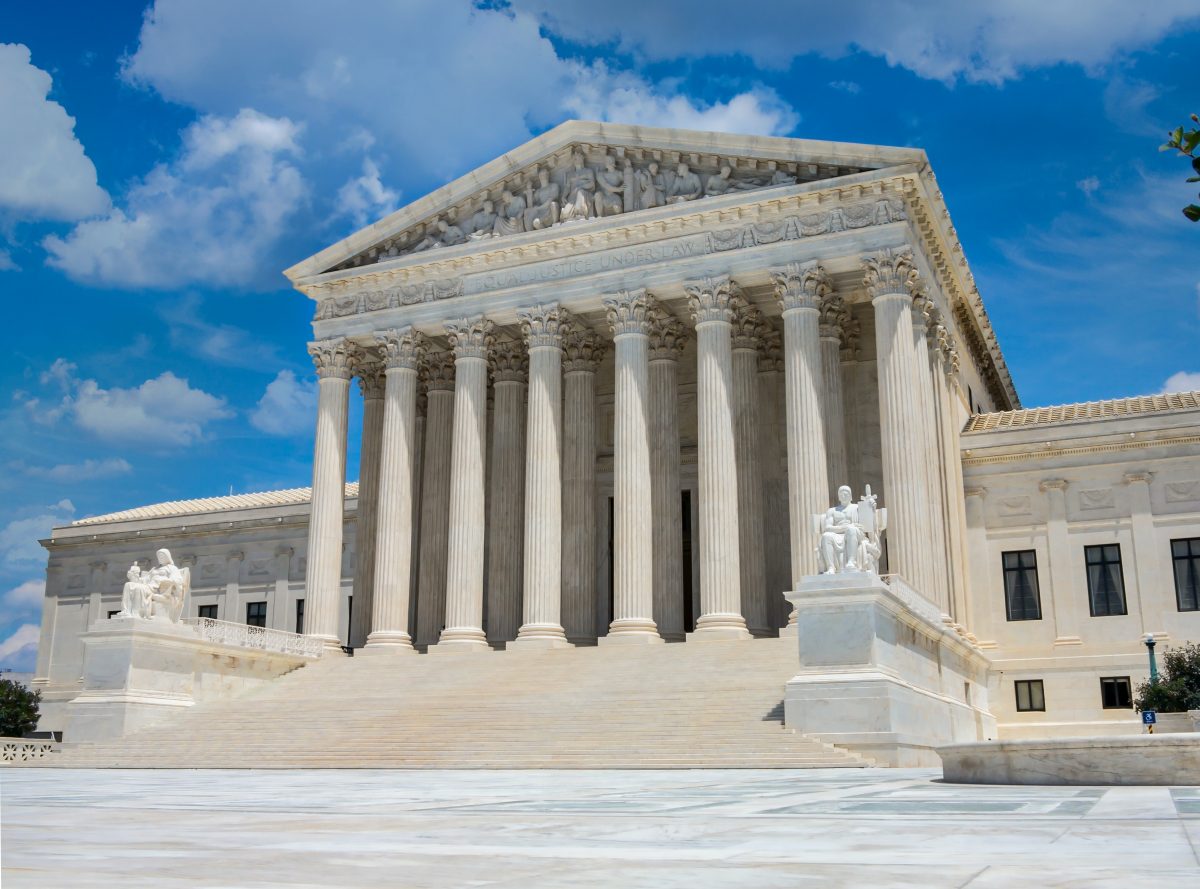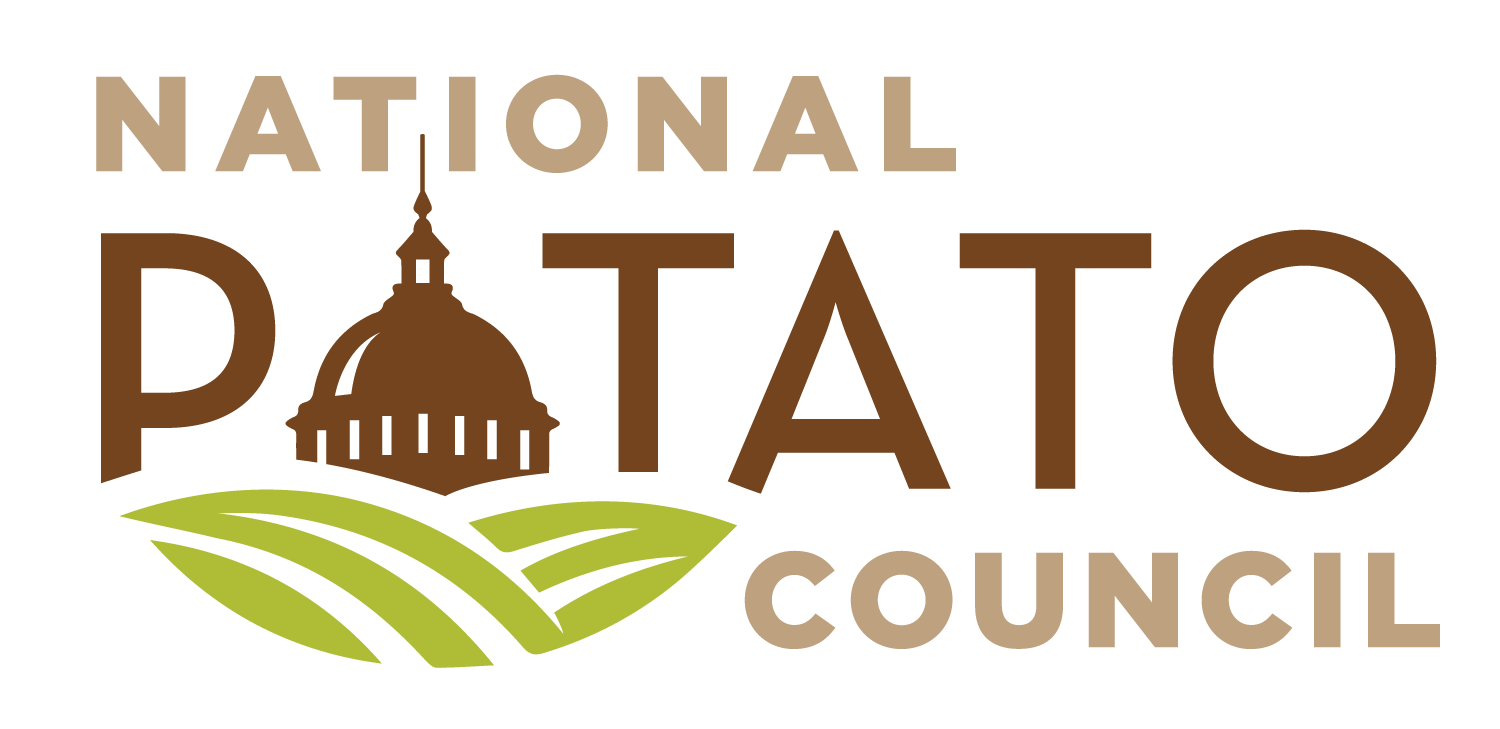Decision restores a clear and common-sense interpretation of the CWA

On Thursday, May 25, the U.S. Supreme Court issued its highly anticipated WOTUS ruling (Sackett vs. EPA), pushing back against federal government expansion of the Clean Water Act (CWA). In a unanimous decision, the Court significantly narrowed the definition of areas regulated under the CWA, limiting its scope only to wetlands that are “as a practical matter indistinguishable from waters of the United States.”
The ruling is based on Justice Antonin Scalia’s 2006 plurality opinion in the case of Rapanos v. United States, which emphasized a narrower definition of “waters of the United States” than Justice Anthony Kennedy’s “significant nexus” test. This decision is being hailed as a major victory by farm groups, who have fought back against EPA’s efforts to overregulate private farmlands, ditches, and puddles.
Bob Mattive, NPC VP of Environmental Affairs, welcomed the decision saying, “Since its passage in 1972, the Clean Water Act has proven invaluable in protecting and restoring our nation’s vital water resources and ecosystems. NPC welcomes the Supreme Court’s decision that restores a clear and common-sense interpretation of the CWA, allowing growers to continue to feed America while demonstrating their commitment to being stewards of our shared water resources.”
While there are still questions about how federal agencies will enforce the new standard, it marks an important shift in regulatory policy that could impact environmental regulations for years to come.

